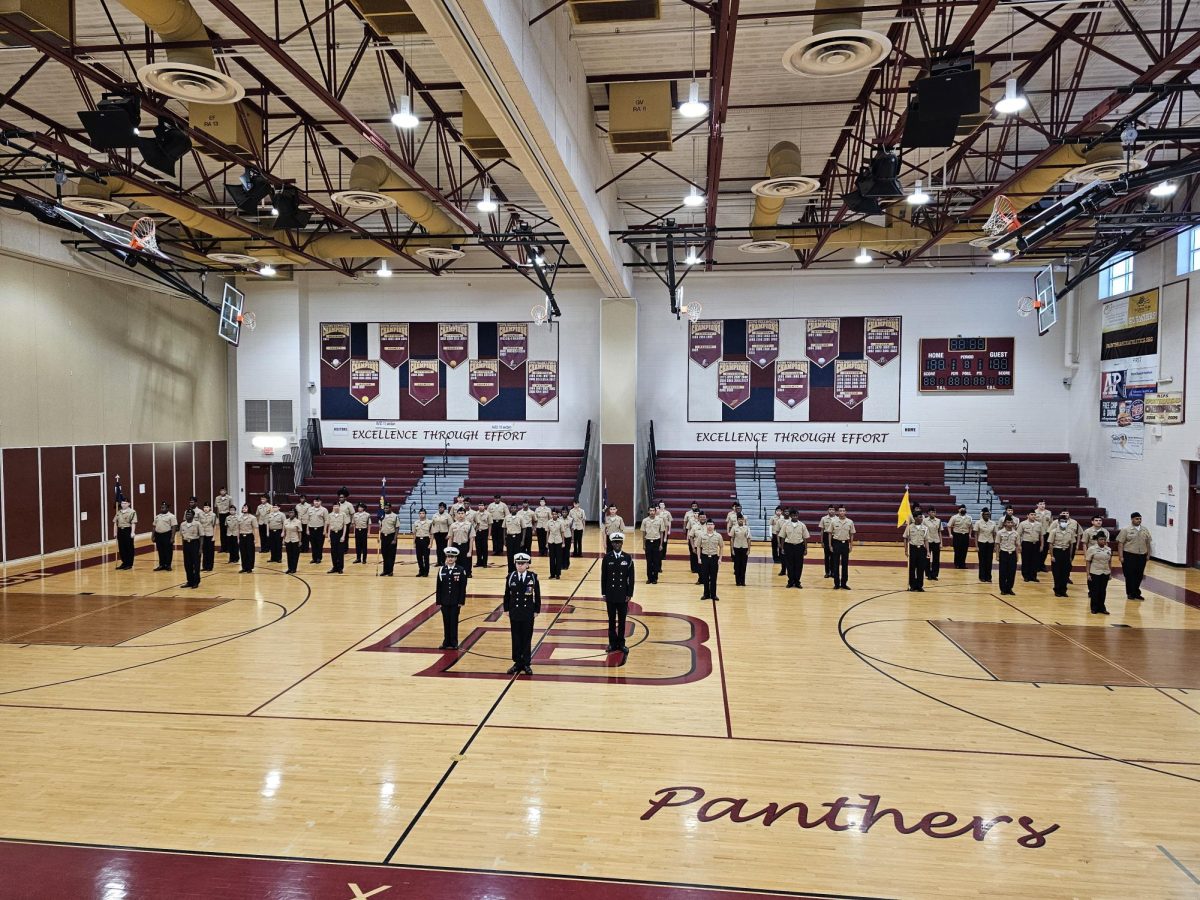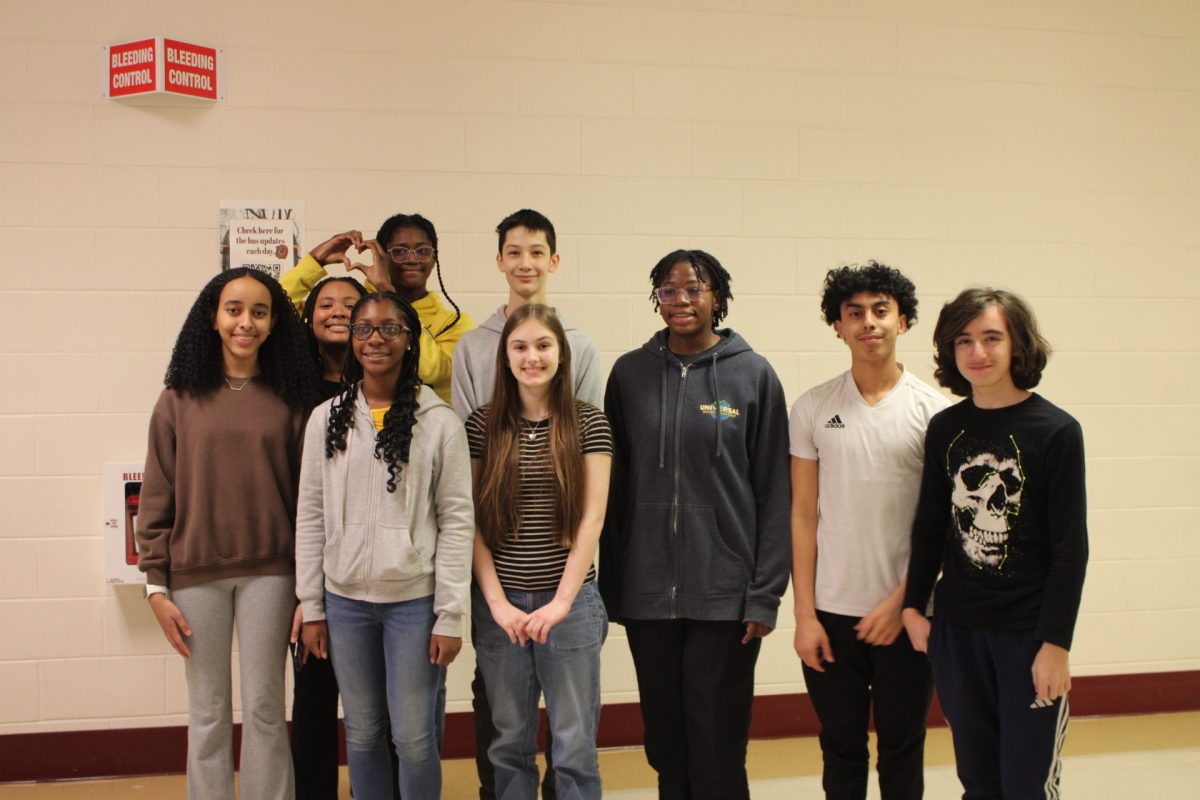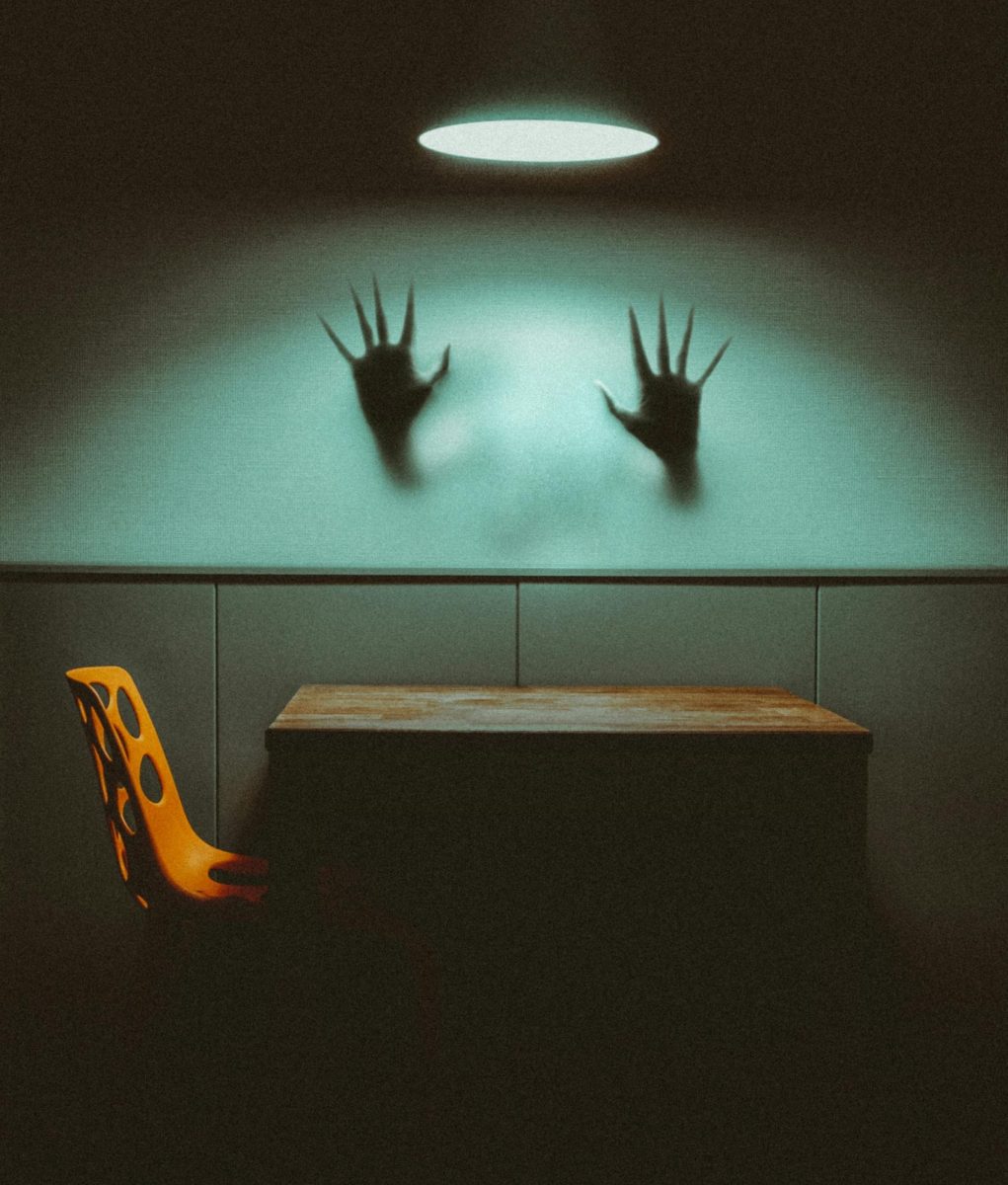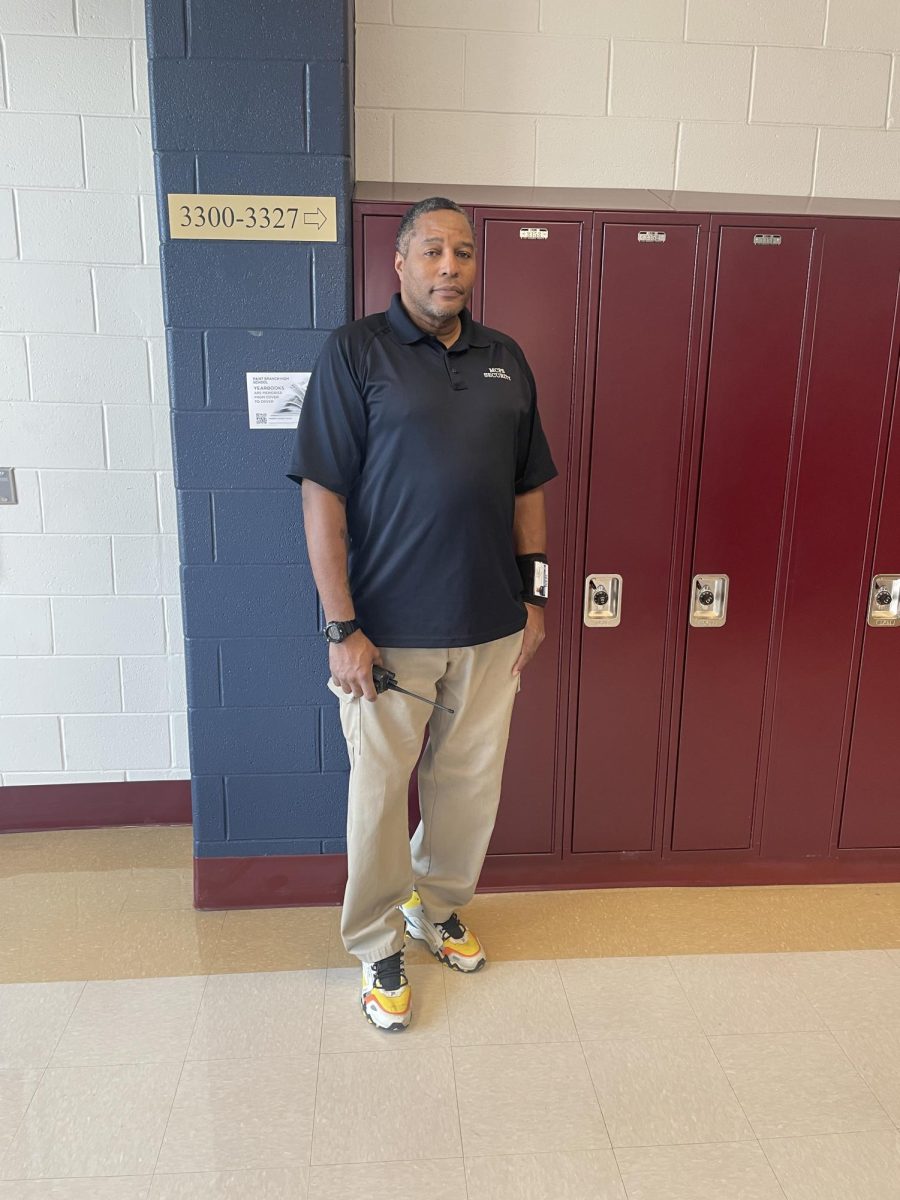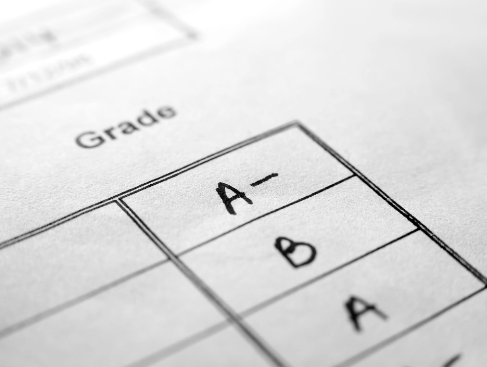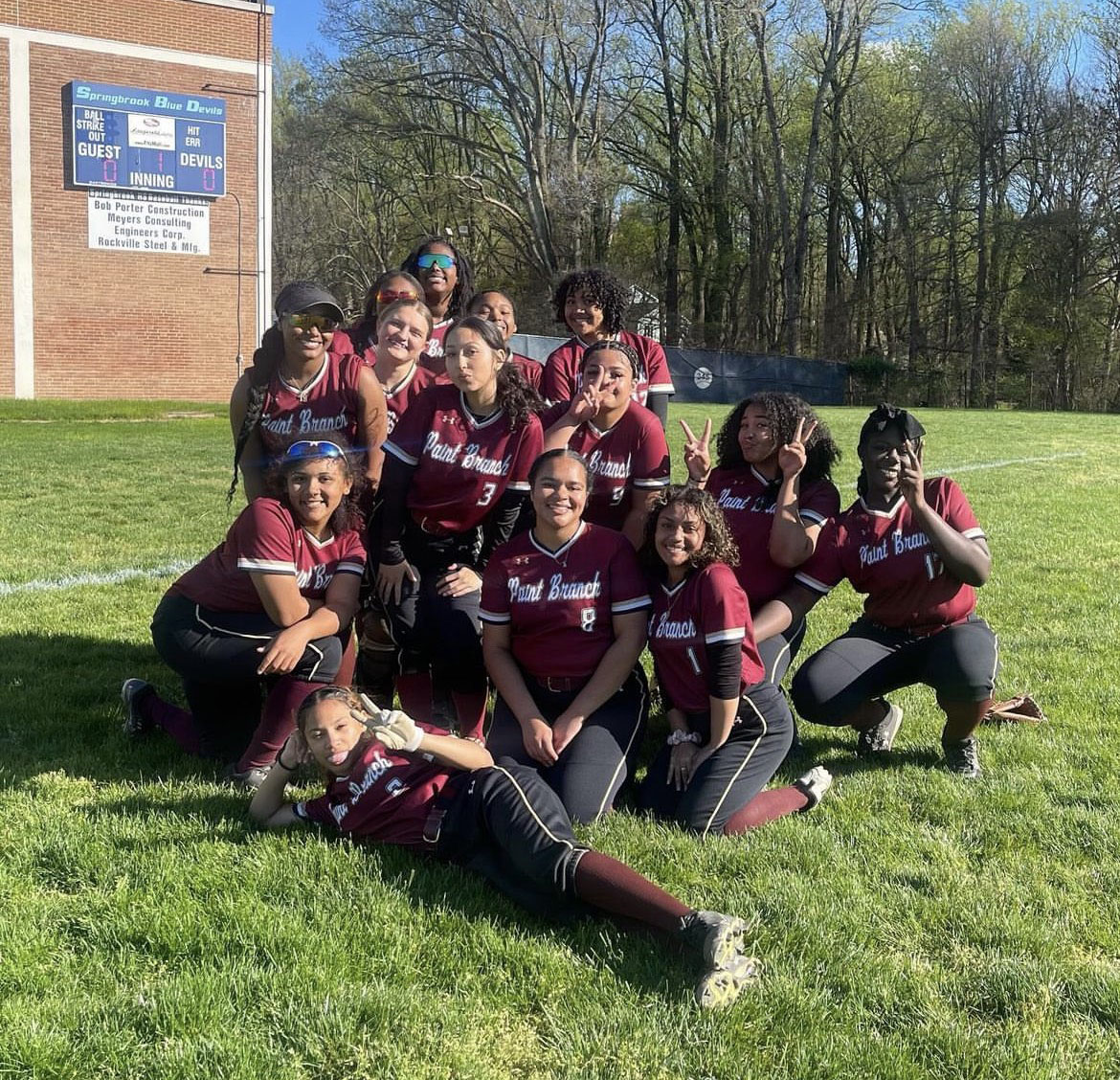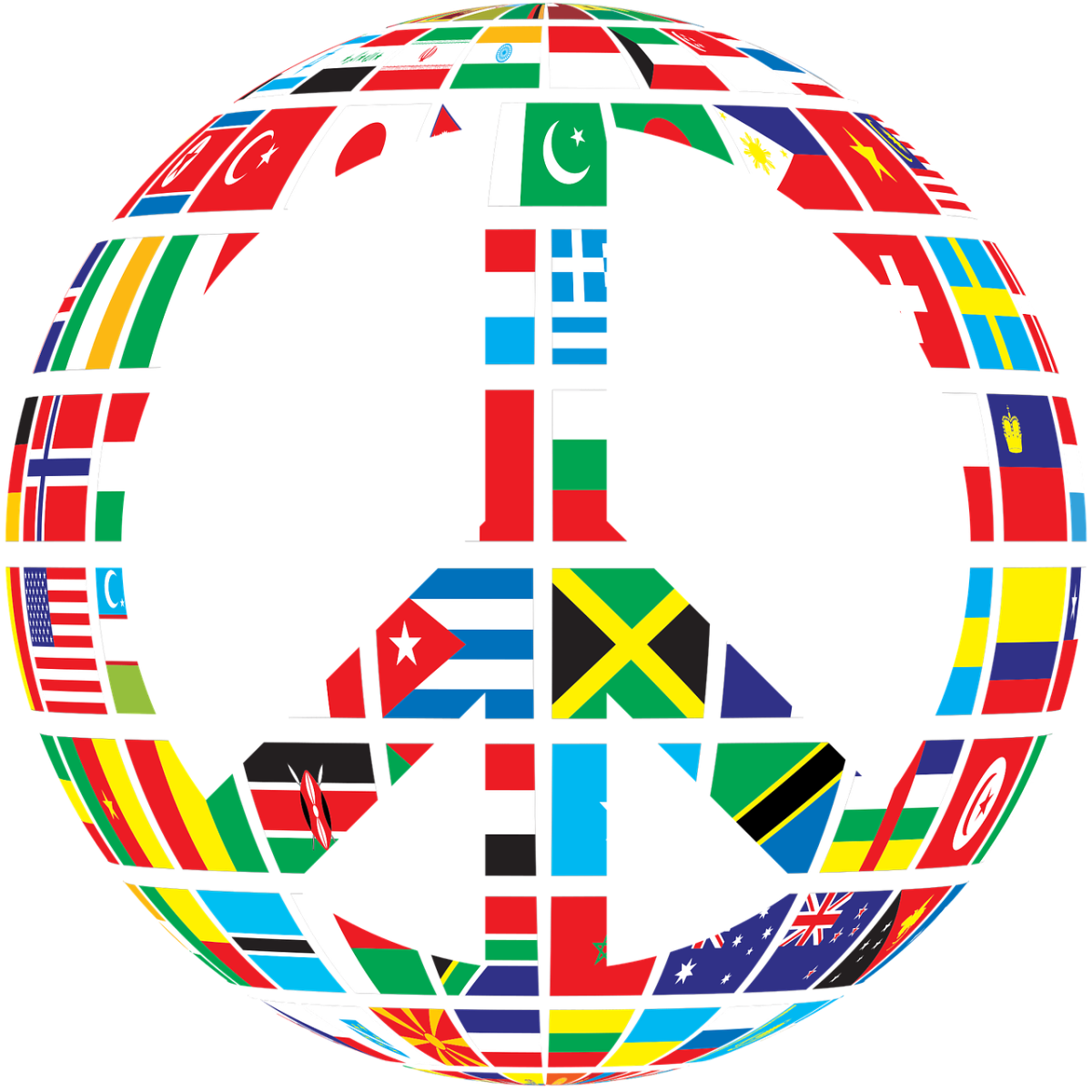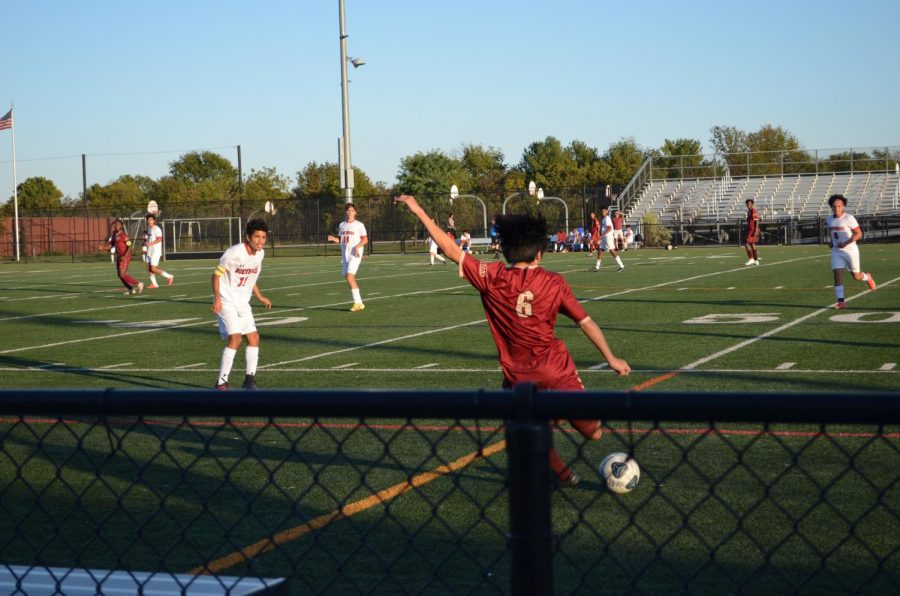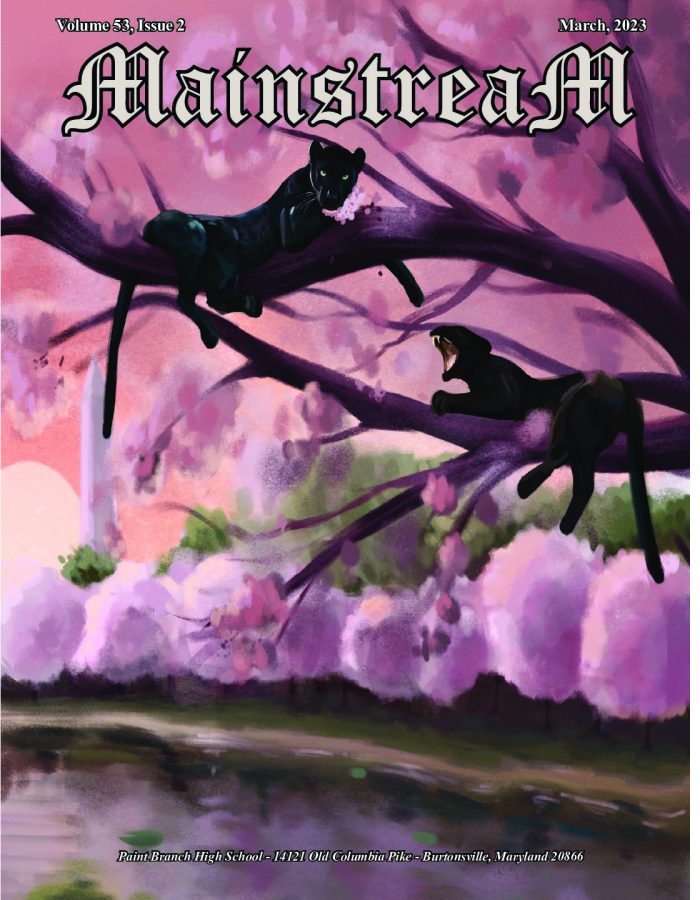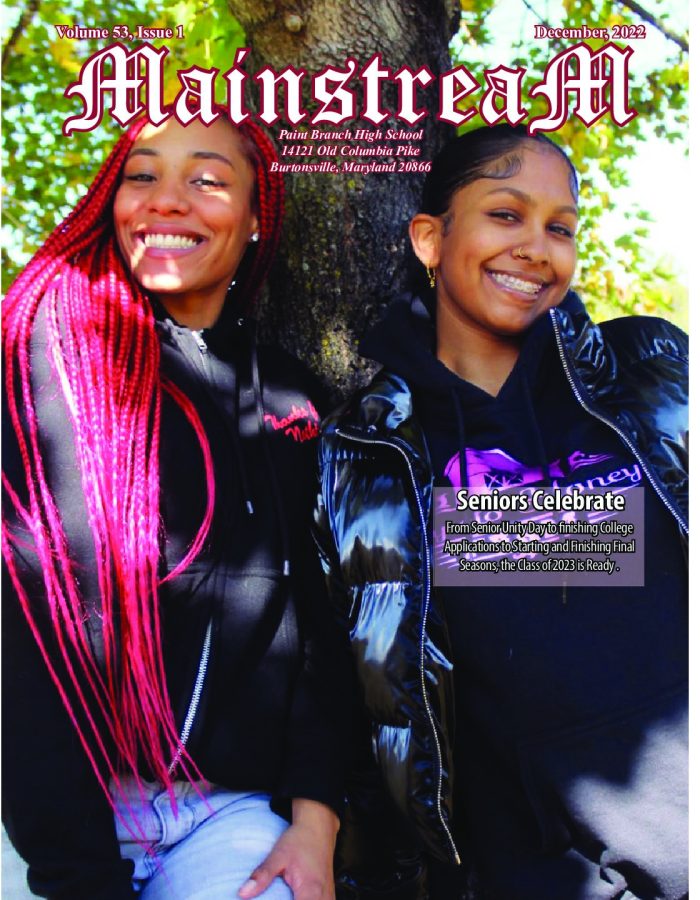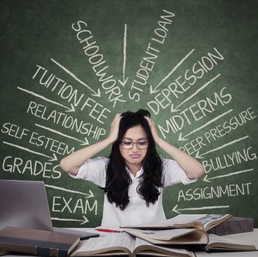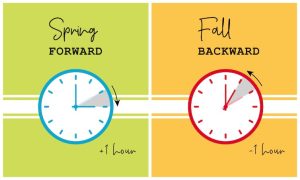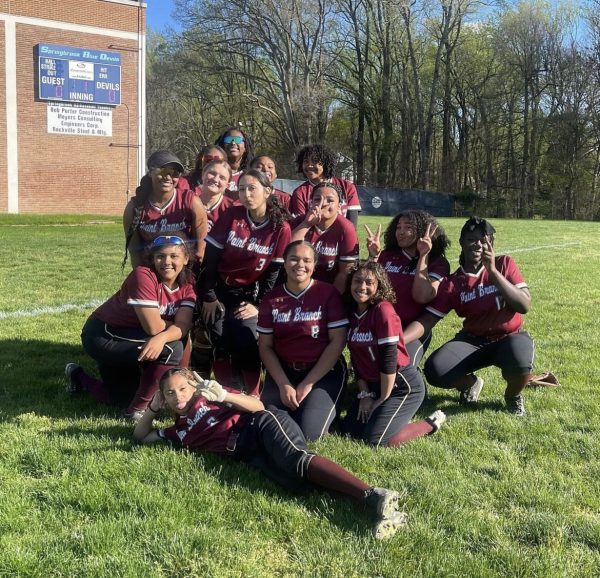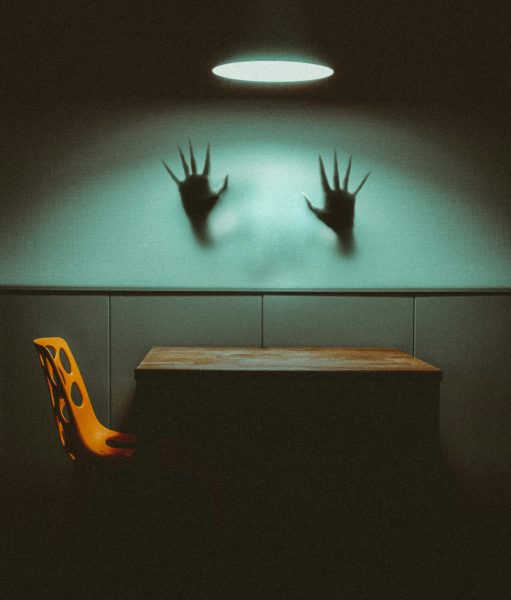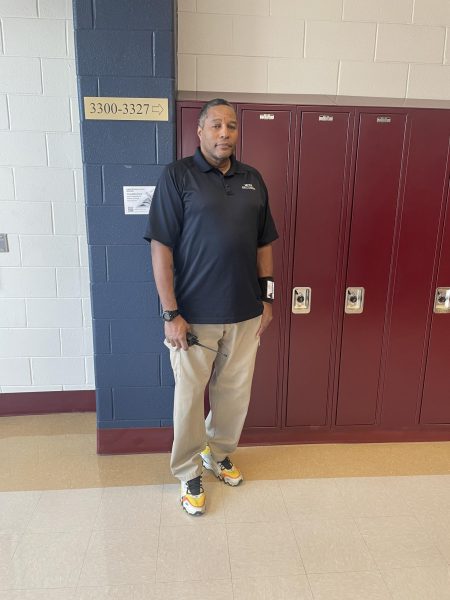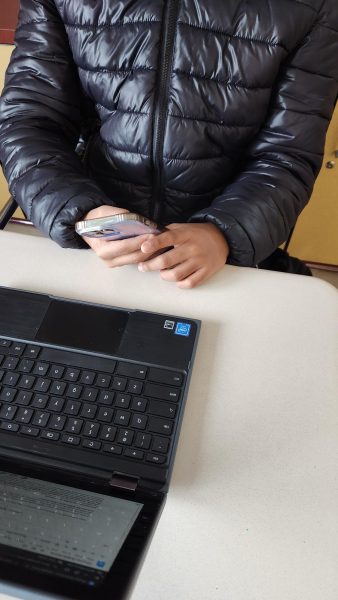Hip-Hop Exacerbates Violent Behavior – Or Does It?
December 8, 2017
Spend enough time in the hallways and you will eventually find one of our more obtuse students blasting the latest bit of incoherent jargon from their latest “favorite rapper” on a speaker in their backpack.
Eliminate these hallway DIY-radio visionaries, and hip hop is still inescapable. The uncanny and unconventional conversion of trumpets, flutes, pianos, 808’s, drums and adlibs create the intoxicating genre we call hip hop. The vagueness and liberty in what is expected leads to the inclusion of several artists from Katy Perry and Miley Cyrus, to the Migos and even an individual who refers to himself as “Lil Squeak.”
Hip hop is what happens when your art has too much of everything or not enough of one. When it can’t fit snugly into the well-defined genres like jazz, metal, or rock and roll it is called hip hop, thrown to the side to be sorted out later. This has led to an odd coalition of misfits and outcasts with a massive platform.
Hugh McIntyre of Forbes News in his report “Hip-hop/R&B Is The Dominant Genre In The U.S. For The First Time,” took on this massive platform. In this report he explains that“Hip hop has taken the crown”and is responsible for“25.1% of all music consumption in the US.” Therefore it is no surprise that hip hop has managed to garner more even scrutiny from critics.
The backlash against hip hop is not helped by the fact that artist like Kodak Black and XXXTentacion are facing lawsuits. The most surprising is the story of Tay K. If you are like me and you don’t frequent the internet you might have missed all the news about him. Tay-K is a 17-year-old artist from Texas, who is going to be tried as an adult for capital murder charges in Texas. Joe Coscarelli of the New York Times wrote about Tay-K’s legal troubles in his article “Tay-K Was a 17-Year-Old‘ Violent Fugitive.’ Then His Song Went Viral.” He reports on the popularity of his song saying, “The Race” has captivated the Hip-hop world with its blurring of life and art.”
A 17-year-old made a song about being on the run while actually on the run and listeners loved it. The internet ate it up and, as Coscarelli reports, our favorite rappers like ¨Meek Mill, Desiigner, Lil Yachty, Kodak Black and Travis Scott have supported the song.¨ The decision for these rappers to endorse a “violent fugitive” does not surprise me. This is their attempt at ingratiating themselves to another audience. To garner more fans by hopping on the bandwagon and supporting the next big thing.
None of these things bring me to pause; not the content of the song; not the character of the artist or the fact that all of this is commonplace or even accepted. This is the world we live in, a world where controversial topics and subjects are rewarded. We love when the stars talk callously about serious issues like violence or drug abuse. This behavior is not isolated to just Hip hop. We pretend like the R&B singer the Weeknd isn’t talking about drugs when he sings, “I can’t feel my face when I am with you.” We love it when country singers like Blake Shelton sing about whiskey and alcohol. And the buck doesn’t stop there. We love when artists put out obscene and provocative content.
We don’t just love the content we also love to see them self-destruct. A couple of celebrities come to mind when the topic of self-destruction is raised. We chronicle their demise as they become drug addicts running too and from rehab. We shine the spotlight brighter when they break and make an atrocious comment or hit a fan like in the case of Justin Bieber last year. Through all of this, we never stop to ask ourselves, “are we contributing to the issue?”
Hip-hop does not exacerbate violence. The notion that beats and melodies can beguile someone to act against their good sense and act violently is straight out of a storybook. Hip hop artists aren’t sirens and can not inspire “easily impressionable” teens to violence. They are, rather, purveyors of something that is in high demand. The old adage is that sex, violence and drugs sell, so it should be no surprise that artists in all genres include this in their music.
Musicians aren’t going to stop covering such content if we still consume it. You might not support the drug or alcohol abuse but playing the song is an endorsement of the artist’s content if not their behavior. What’s even worse is when the “art” and life merges like in the case of Tay-K , and an endorsement of their music then becomes an endorsement on their behavior.
I am not suggesting that we ban all the artists, but I do advocate that we pay more attention to what we listen to. The last thing a seventeen year old needs is affirmation of their actions because a song is “banging.”You don’t need to write the artist a letter explaining how his behavior is unacceptable. All we need to do is not accept this behavior. This doesn’t just apply to Tay-K but to every artist. Hip-hop isn’t detrimental to society, but our continued support of certain elements in it, and any other genre that brings forward similar messages will harm our favorite artists more that we can imagine.


